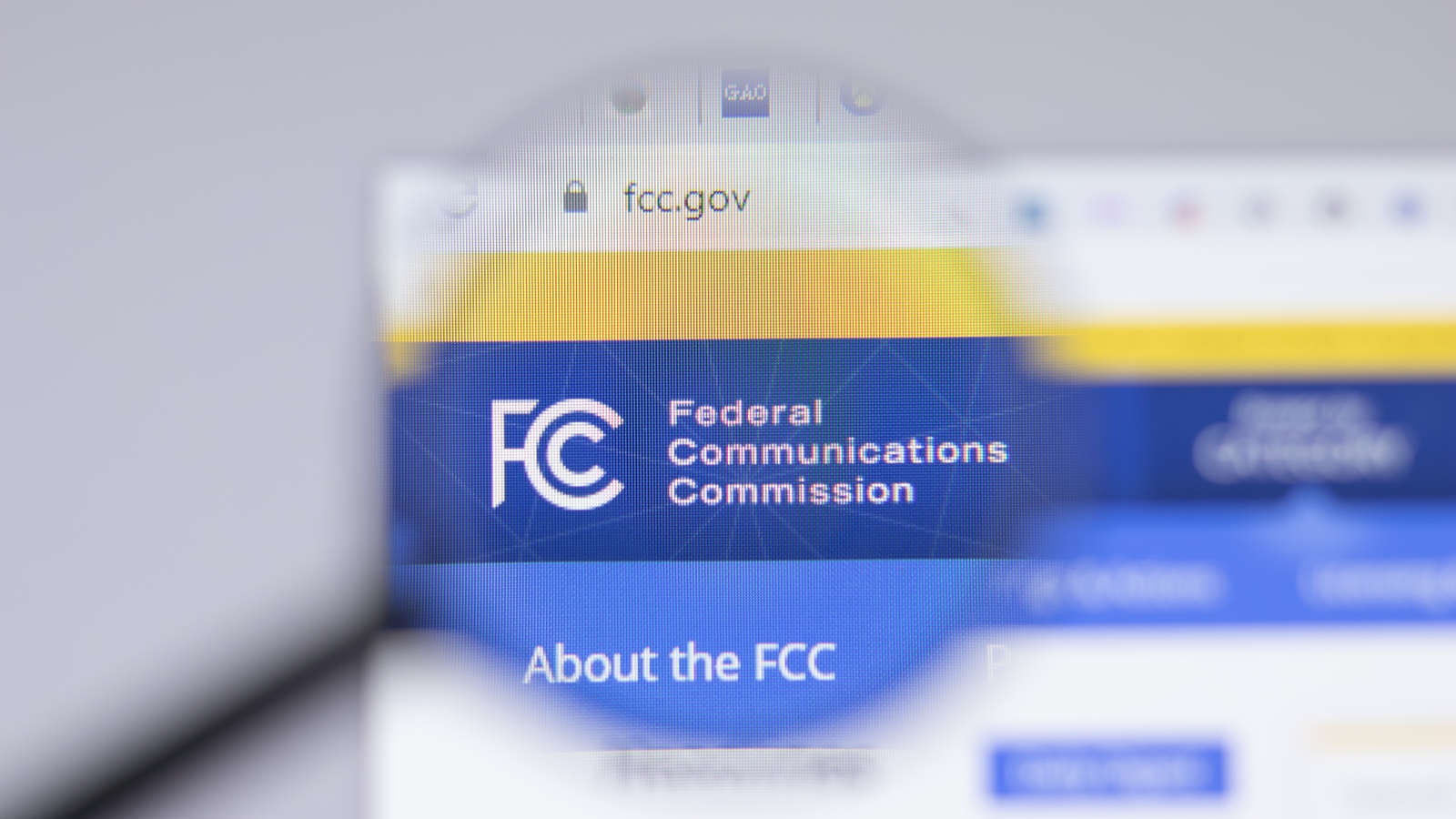
The Federal Communications Commission (FCC) says that it will review and update its rules regarding submarine communications cables, especially after the incident in the Baltic Sea earlier this week where a Chinese freighter sailing from Russia is suspected to have sabotaged two undersea internet cables that connect Sweden and Finland to the rest of Central Europe, not to mention numerous other cable sabotage incidents spanning multiple regions this year. According to Reuters, this update will address the U.S.’s national security concerns for the more than 400 undersea cables that keep the world interconnected.
This physical network handles over 98% of internet traffic, and while damage to one or two cables, especially for well-connected areas, would have a minor impact, any major disruption caused by a deliberate and well-coordinated attack would have global ramifications. For example, while the average user simply relies on these cables for entertainment (i.e., streaming music and videos, casual browsing, and online gaming), the international financial market is also heavily reliant on the internet, and losing that could cost millions if not billions, of dollars in lost productivity.
Aside from the recent incident in the Baltic Sea, there have already been other reports of deliberate sabotage of communications cables. For example, a fiber optic cable was sabotaged in France during the Olympic games, disrupting telecommunications in several French regions. Taiwan also accused China of cutting two undersea cables connecting its Matsu Islands to the country’s main island, while Houthi rebels are thought to have damaged three underwater internet cables connecting Europe and Asia. Last year, another Chinese cargo ship reportedly dragged an anchor for “hundreds of kilometers,” thus damaging a gas pipeline in the Baltic that connects Finland and Estonia. Finland contends the incident was intentional.
“With the expansion of data centers, rise of cloud computing, and increasing bandwidth demands of new large language models, these facilities are poised to grow even more critical,” FCC Chairperson Jessica Rosenworcel said, referring to undersea communications cables. She also said, “While the details of these incidents remain in dispute, what is clear is that these facilities—with locations that are openly published to prevent damage—are becoming a target.”
The agency proposes that foreign companies should not be allowed to obtain cable landing licenses if they’ve previously been denied a telecommunications license due to national security grounds. These include major Chinese firms like Huawei, ZTE, China Telecom, and China Mobile. This proposal is similar to the New York Joint Statement that the U.S. proposed in September, which ensures that the country, E.U. member states, and other allied countries would only use trusted suppliers to ensure security.
In light of this development, the Chinese Embassy in Washington released a statement saying that “turning undersea cables into a political and security issue severely disrupts international market rules, threatens global digital connectivity and cybersecurity, and denies other countries, especially developing countries, the right to develop their undersea cable industry.” But despite that announcement, the White House has been expressing concern about China’s role in handling global internet traffic and the potential that Beijing could use it for espionage. After all, the U.S. knows how vulnerable undersea cables could be to tapping, having used the same technique against the Soviets during the Cold War with Operation Ivy Bells.
Read full post on Tom’s Hardware
Discover more from Technical Master - Gadgets Reviews, Guides and Gaming News
Subscribe to get the latest posts sent to your email.








